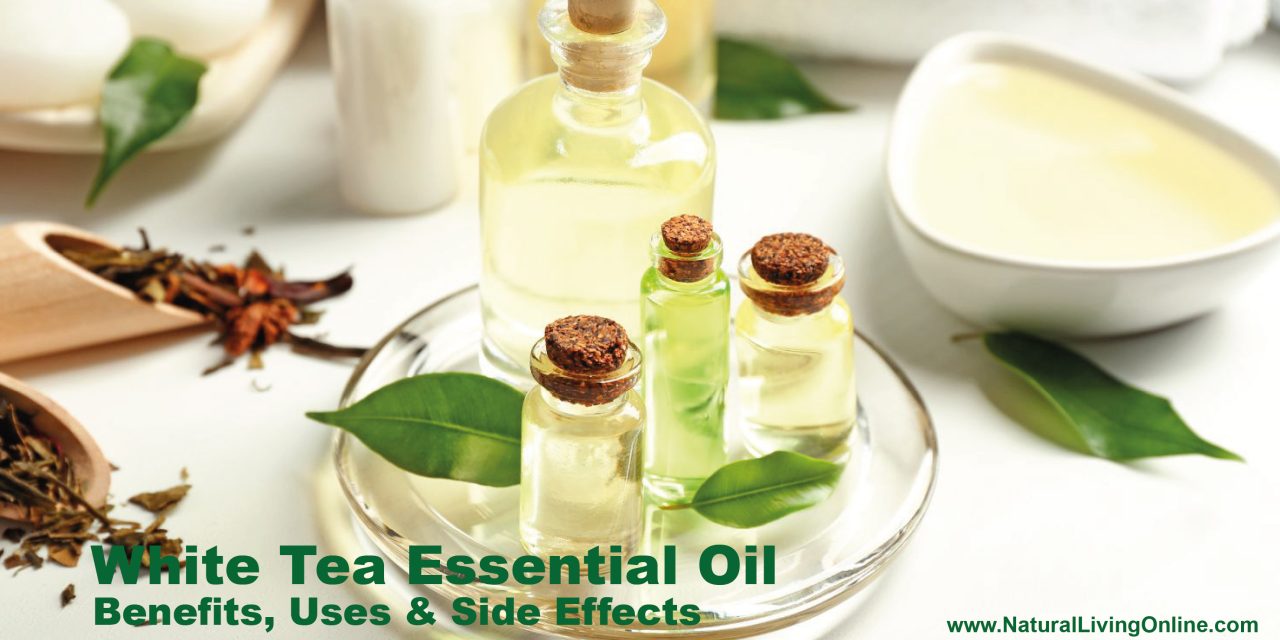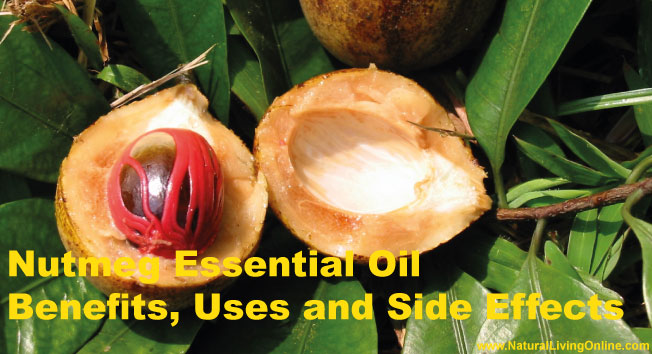White tea essential oil offers a range of notable benefits, particularly in terms of health and wellness. Extracted from the young leaves and buds of the Camellia sinensis plant, this oil is famed for its high content of antioxidants, which help combat the damaging effects of free radicals on the body. Antioxidants found in white tea essential oil can improve skin health, promote a youthful appearance, and reduce the risk of chronic diseases.
White tea essential oil can be employed in various skincare routines due to its anti-inflammatory and antibacterial properties. These characteristics make it useful for managing acne and soothing irritated skin. Aromatherapy practices also leverage this oil for its calming and stress-reducing effects, making it a versatile addition to any wellness regimen.
Though white tea essential oil offers numerous benefits, it’s important to be aware of potential side effects. Some individuals might experience skin irritation or allergic reactions when using the oil topically. It’s recommended to perform a patch test before full application and consult with a healthcare provider if any adverse reactions occur.
Key Takeaways
- White tea essential oil is rich in antioxidants and promotes skin health.
- The oil is useful in skincare and aromatherapy due to its calming properties.
- Users should be cautious of possible skin irritation and conduct a patch test.
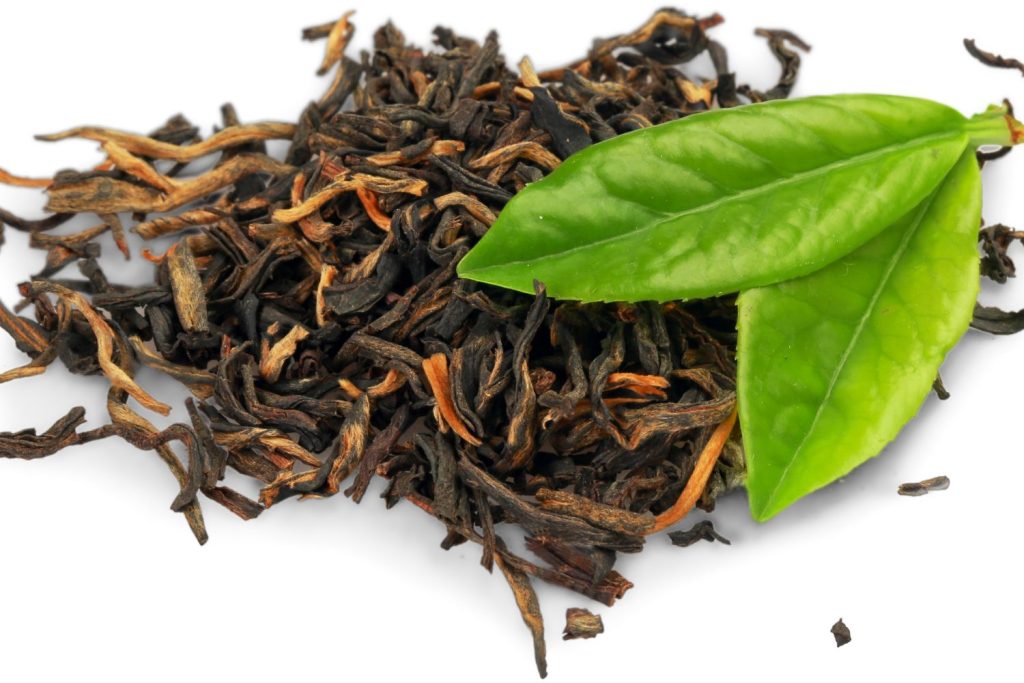
The Origin and History of White Tea
White tea comes from the Camellia sinensis plant, known for its delicate flavor and rich history. Originating in China, white tea has been a cultural staple for centuries and is linked to ancient ceremonies and traditions.
Camellia Sinensis: The Tea Plant
White tea is derived from the Camellia sinensis plant. This plant is typically cultivated in high-altitude regions with specific weather conditions and fertile soil. The process of making white tea involves picking the youngest buds and leaves, which undergo minimal processing. This careful harvesting ensures that the tea retains its high antioxidant content and subtle flavor.
The Camellia sinensis plant is also used to produce green, oolong, and black teas. However, white tea is the least processed of all types, which helps preserve its natural properties. Skilled workers handpick the tea buds, often referred to as Silver Needle or White Peony, depending on their appearance.
Cultural Tribute and Ancient Use
In ancient China, white tea was considered an imperial favorite and a symbol of luxury. During the Song Dynasty, it was often used as a tribute to the emperor. The tea was prized for its purity, flavor, and health benefits. Its light, floral notes made it distinct from other teas available at the time.
White tea was also used in various ceremonies and traditions. It was believed to have medicinal properties and was often consumed by monks and royals for its calming effects. Even today, white tea maintains its reputation for elegance and quality, continuing to be a beloved part of tea culture in China and around the world.
White Tea Essential Oil Profile

Botanical Name: Camellia sinensis
(Note: “White tea essential oil” often refers to a fragrance oil inspired by white tea’s scent, as true essential oil directly derived from white tea leaves is not commonly produced. However, this profile reflects its herbal and therapeutic essence.)
Family: Theaceae
Common Names: White tea oil, Camellia essential oil (when referring to the tea plant)
Plant Description
White tea is derived from the young leaves and buds of the Camellia sinensis plant, minimally processed to retain its delicate aroma and antioxidant properties. Native to China, this plant is a small evergreen shrub or tree with glossy, dark green leaves and small, fragrant white flowers.
Oil Description
White tea essential oil, when available, is typically a blend of extracted compounds from tea leaves and a carrier oil or derived as a CO2 extract. Alternatively, fragrance oil versions mimic its subtle, fresh, and slightly floral scent. The aroma is gentle, slightly sweet, and calming.
Extraction Method
- CO2 Extraction: To retain the delicate aromatic compounds.
- Infusion or Fragrance Creation: Often crafted to resemble white tea’s aroma.
Primary Components
The active components depend on the extraction method but may include:
- Catechins: Powerful antioxidants.
- Polyphenols: Anti-inflammatory and protective compounds.
- Linalool and Geraniol: Subtle floral and citrus-like notes, often used in aroma creation.
Properties
- Antioxidant: Neutralizes free radicals and protects skin.
- Anti-inflammatory: Soothes irritation and redness.
- Relaxant: Provides calming and grounding effects.
- Astringent: Helps tone and tighten skin.
Uses
- Aromatherapy
- Stress Relief: Promotes relaxation and reduces anxiety with its subtle aroma.
- Focus and Clarity: Supports mental alertness and a sense of calm.
- Skincare
- Anti-Aging: Reduces oxidative stress, improving skin elasticity and reducing wrinkles.
- Hydration: Helps retain moisture in the skin.
- Calming Irritation: Soothes redness and sensitive skin.
- Hair Care
- Scalp Health: Conditions the scalp and strengthens hair follicles.
- Shine and Smoothness: Promotes glossy, healthy hair.
- Perfumery and Home Care
- Fragrance Creation: Adds a fresh, sophisticated aroma to perfumes, candles, and diffusers.
- Air Freshening: Provides a clean, invigorating scent to rooms and linens.
- Wellness Products
- Massage Blends: Enhances relaxation when combined with other soothing oils.
- Bath Additive: Elevates bathing with a spa-like aroma.
Health Benefits and Therapeutic Properties
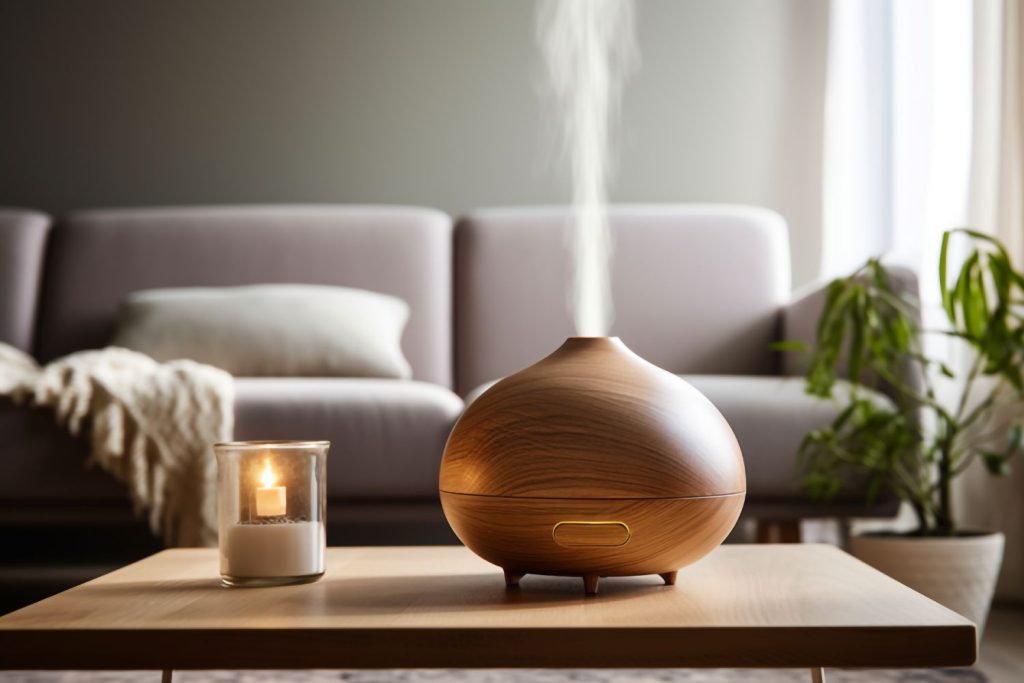
White tea essential oil is renowned for its numerous health benefits, offering properties that may support heart health, cancer prevention, and antioxidant effects. These benefits stem from its rich content of antioxidants and polyphenols that provide essential support to the body’s systems.
Antioxidant Powerhouse
White tea essential oil is packed with antioxidants, which help protect cells from damage caused by free radicals. These antioxidants include catechins and polyphenols, which are known to combat oxidative stress. Oxidative stress is linked to several chronic diseases. The strong presence of these compounds in white tea makes it a valuable tool for promoting overall health and preventing cell damage.
Antioxidants support the immune system, enhancing its ability to fight infections and diseases. This is especially important for maintaining long-term health. Consuming white tea or using its essential oil can be a simple yet effective way to boost antioxidant levels in the body.
Cancer Prevention and Control
Research shows that white tea essential oil may have properties that contribute to cancer prevention and control. The polyphenols and flavonoids in white tea play a role in inhibiting the growth of cancer cells. These compounds can interfere with various stages of cancer cell development.
Studies suggest that white tea can reduce the risk of certain types of cancers, particularly those related to oxidative stress and inflammation, such as breast and colon cancers. Incorporating white tea essential oil into your routine may offer a natural means to support the body’s defense against cancer.
Heart Health and Blood Pressure Regulation
White tea essential oil is believed to support heart health by promoting the health of blood vessels and reducing inflammation. The antioxidants found in white tea, including catechins, help lower blood pressure and improve blood vessel function. This contributes to a lower risk of heart disease.
Regular use of white tea essential oil can improve cholesterol levels, aiding in the prevention of heart-related issues. Drinking white tea or using its essential oil may be beneficial for those at risk of heart disease, helping to maintain healthy blood pressure and improve overall cardiovascular function.
Skincare and Topical Applications
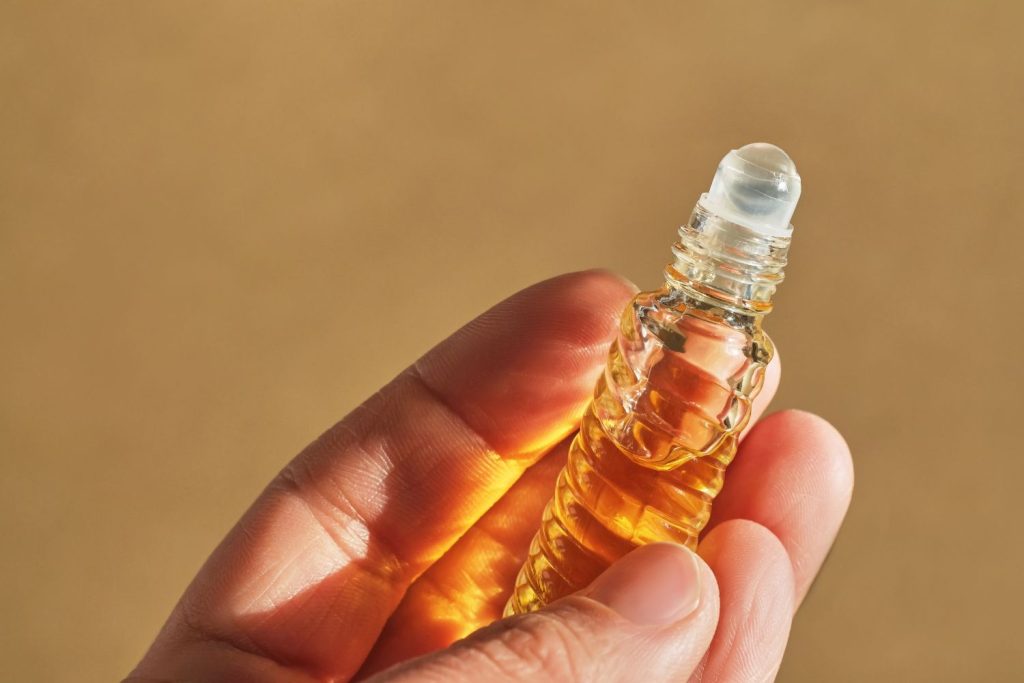
White tea essential oil can benefit the skin by reducing acne, slowing down skin aging, promoting wound healing, and protecting against UV damage.
Acne and Skin Aging
White tea essential oil’s rich antioxidants play a crucial role in maintaining skin health. These antioxidants fight free radicals, which can cause acne and accelerate skin aging. By reducing oxidative stress, white tea essential oil helps keep skin cells healthy and reduces inflammation.
Additionally, its anti-inflammatory properties can help soothe irritated skin and reduce redness associated with acne. Regular use can result in smoother, clearer skin with fewer breakouts. The antioxidants in white tea can also help prevent fine lines and wrinkles, keeping the skin looking youthful for longer.
Healing Effects on Skin and UV Protection
White tea essential oil promotes wound healing thanks to its ability to reduce inflammation and stimulate skin cell regeneration. It helps repair damaged skin tissue and can be used on minor cuts and scrapes. This healing property is essential for maintaining smooth and healthy skin.
Moreover, the antioxidant properties of white tea essential oil provide a degree of protection against UV damage. While it is not a substitute for sunscreen, it can aid in reducing some of the harmful effects of UV exposure. The combination of antioxidants and anti-inflammatory benefits helps support overall skin health and maintain hydration.
Aromatherapy and Psychological Effects

Aromatherapy using essential oils like white tea can greatly influence one’s mental state. This section will explore how aromatherapy can reduce stress and enhance mood.
Stress Reduction and Mood Enhancement
Inhaling white tea essential oil can lower cortisol levels, which helps in reducing stress. When used in a diffuser, the calming scent interacts with olfactory nerves, promoting relaxation and a soothing atmosphere.
Aromatherapy with this essential oil is also effective for anxiety. The fresh aroma lifts the mood, which may make one feel more optimistic and energetic. This mood enhancement can be particularly beneficial for individuals experiencing stress or burnout.
Using aromatherapy for insomnia by promoting sleep can help to maintain better cognitive function during the day. Additionally, it may improve overall relaxation and emotional well-being when used regularly.
Safety Profile and Side Effects
White tea essential oil has various benefits, but it’s important to be aware of its safety concerns and possible side effects.
Skin Irritation:
Topical application of white tea essential oil can cause skin irritation or allergic reactions in some individuals. Patch testing is recommended before using it extensively on the skin. Apply a small amount to a small area and wait 24 hours to check for any adverse reactions.
Toxicity:
This oil should not be ingested as it can be toxic. It is designed for external use only. Ingesting essential oils can lead to serious health issues.
Caffeine Sensitivity:
Although white tea oil is different from white tea itself, those sensitive to caffeine should still use it cautiously. Overuse of products containing caffeine can lead to jitteriness, insomnia, or an upset stomach.
Iron Absorption:
Compounds in white tea essential oil can interfere with iron absorption. Individuals with iron deficiency or anemia should be cautious and consult a healthcare provider before use.
Lead Contamination:
Ensure the product is sourced from reputable suppliers to avoid contamination with heavy metals like lead. Contaminated products can pose serious health risks.
Antifungal and Antibacterial Properties:
The oil has natural antifungal and antibacterial properties. While beneficial, overuse can disrupt the natural skin flora, leading to other skin issues.
By adhering to proper usage guidelines, the risks associated with white tea essential oil can be minimized.
For more detailed information, you can refer to this article on white tea benefits and this article on tea tree oil benefits and side effects.
Frequently Asked Questions
What are the skin benefits of using white tea essential oil?
White tea essential oil can rejuvenate the skin by reducing bacteria and soothing inflammation. It helps treat acne by minimizing redness and irritation. When applied as a spot treatment or mixed with water, it provides an effective skincare solution.
Can white tea essential oil cause any adverse reactions?
White tea essential oil is generally safe, but it can cause irritation in people with sensitive skin. A patch test is recommended before widespread use. If any redness, itching, or discomfort occurs, discontinue use immediately.
Which essential oils can be mixed with white tea essential oil for aromatherapy?
White tea essential oil blends well with lavender, eucalyptus, and lemon essential oils. These combinations enhance the calming and refreshing properties of the oils, making them ideal for stress relief and mood elevation.
Are there any risks associated with white tea consumption for kidney health?
Consuming white tea in moderation poses little risk to kidney health. It’s always best to consult with a healthcare provider if there are preexisting kidney conditions, as excessive intake might have an impact.
What is the characteristic fragrance of white tea essential oil?
White tea essential oil has a delicate, refreshing fragrance. It is often described as light with subtle floral notes, making it a popular choice for creating a calming and uplifting atmosphere in aromatherapy.
How does white tea essential oil contribute to hair care?
White tea essential oil can improve scalp health by reducing dandruff and irritation. It can also strengthen hair, making it less prone to breakage. Mixing a few drops with shampoo or conditioner can enhance these benefits.
References:
Effect of White Tea (Camellia sinensis) Extract on Skin Wound Healing Process in Rats
This website does not provide medical advice.
All information provided on this website, and on associated social media networks, including but not limited to texts, images, and numbers are for general information purpose only. It is not intended as medical advice and it does not include all possible precautions, side effects, or interactions that may occur. Neither NaturalLivingOnline.com nor its author/founder take responsibility for how you use this information. Statements contained on NaturalLivingOnline.com have not been evaluated by the FDA. You should conduct thorough research via multiple sources and consult your physician or qualified doctor before using any essential oil or herbal remedy. Information on NaturalLivingOnline.com must not be relied upon for medical, legal, financial or other decisions.

